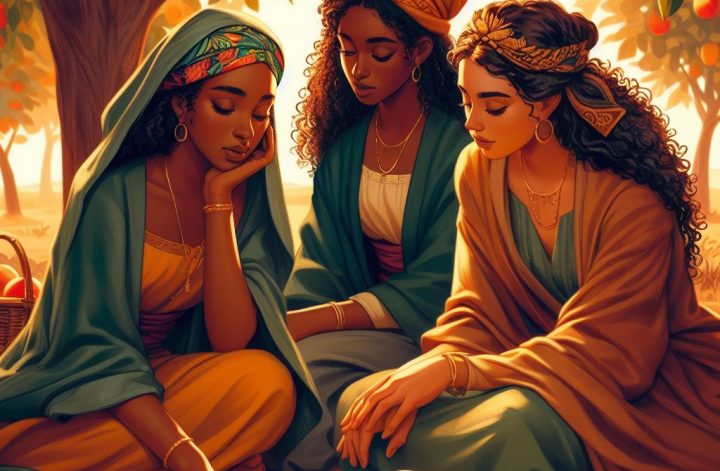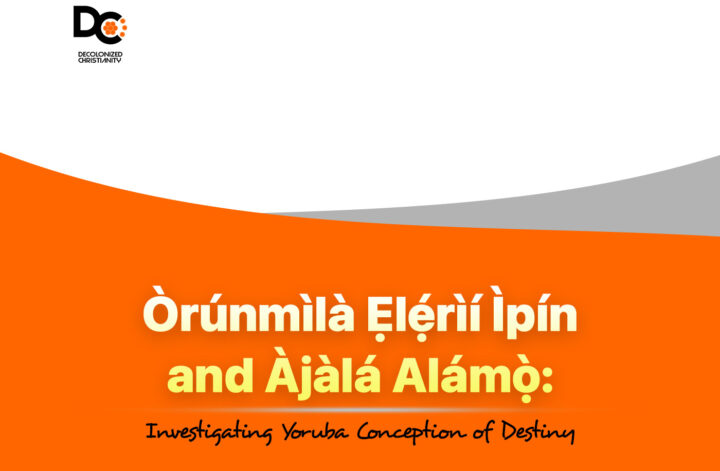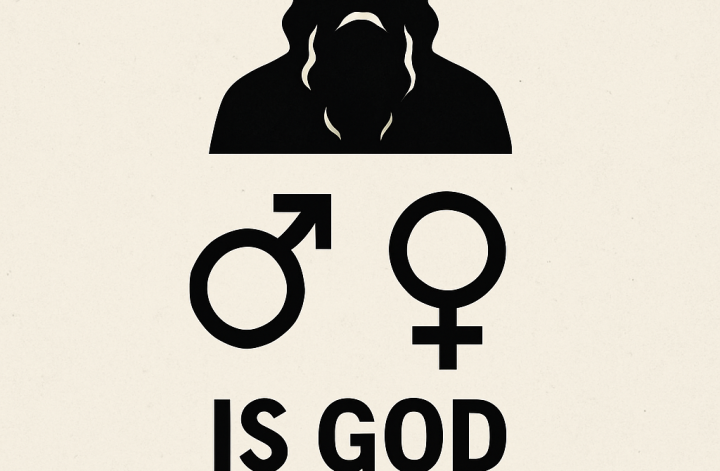I’m beginning a study of Matthew, the famous “most Jewish book of the synoptic Gospels.”
The first statement connects Jesus to both Abraham and David. Matthew will later flesh out what these connections mean. (The connection to Abraham legitimizes Jesus as a true Israelite, while the link to David prepares the audience for imminent Messianic claims.)
In fleshing out the connections, Matthew gives a likely curated genealogy in three groups of fourteen. The first of these lists is what I want to focus on here:
Matthew 1:4-6 NIVUK
“[4] Ram the father of Amminadab, Amminadab the father of Nahshon, Nahshon the father of Salmon, [5] Salmon the father of Boaz, whose mother was Rahab, Boaz the father of Obed, whose mother was Ruth, Obed the father of Jesse, [6] and Jesse the father of King David. David was the father of Solomon, whose mother had been Uriah’s wife.”
Much has been written and preached about some of the women included in this list. For the “most Jewish Gospel,” Matthew may seem to have modified some Jewish beliefs in the light of the Messiah event. Rahab was a prostitute from Jericho, Ruth was a Moabite, and Solomon’s mother was “adulterous.” As the Gospel book develops, readers soon learn that these women are in fact not exceptional. Many more prostitutes (21:31), non-Israelites (15:21-28, 28:19) and adulterous women will be accepted into the community of God’s people. So, even before Matthew begins to tell Jesus’ story proper, he reveals his hands in the genealogical preface.
The Torah says explicitly that certain people and things must be excluded from the assembly of God’s people:
“No Ammonite or Moabite or any of their descendants may enter the assembly of the Lord, not even in the tenth generation. None of them may enter the assembly of the LORD forever.” – Deuteronomy 23:3
An Israelite, especially an exclusivist one, could have read this verse to mean no Ammonite or Moabite is ever acceptable or only acceptable after the tenth generation. Matthew, however, seems to have read this differently as a Moabite grandmother of David is emphatically mentioned in the genealogy.
It’s worth noting that Matthew is not inventing anything. Ruth, in the Old Testament, was accepted by Israelites when they learned of her commitment to Naomi and Naomi’s God. So, whatever Deuteronomy 23:3 was meant to achieve was excused in the case of Ruth long before Matthew.
So, it seems like all along even in the Old Testament, the point was not keeping others from Israel but Israel from others. There always was the plan to expand the Israel of God to include all nations. But that would only happen when ethnic Israel was beyond corruptible – perhaps by the non-ideal ways of life of the prostitutes, Moabites, and the adulterous who are being saved. The original Israel (i.e Jacob) and all his descendants were corruptible and couldn’t do the job. With one exception, the exception Matthew writes about. Jesus is the faithful Israel.




